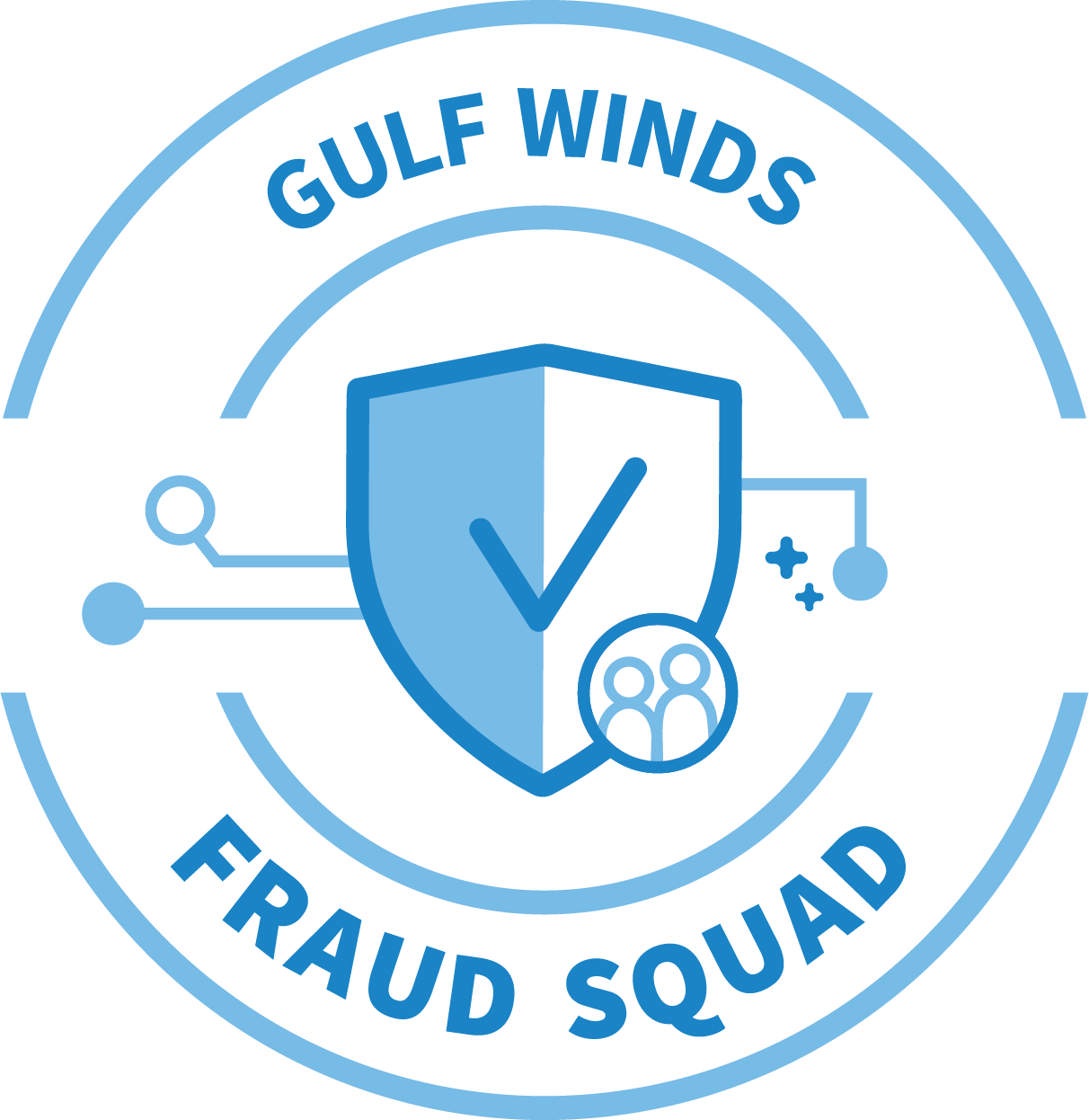Preventing Elder Financial Abuse
World Elder Abuse Awareness Day is approaching on June 15, and we want you to know how to protect yourself and your loved ones. Elder abuse doesn't only happen in physical form. Elder financial abuse affects millions of seniors every year and accounts for billions of dollars in fraud.
Spot the abuse
To spot elder financial abuse, look for sudden changes in the older person's financial situation, such as:
Suspicious changes in wills or powers of attorney — Make sure your loved one's will is specific and their power of attorney is someone who is trustworthy. Keep up with changes to the will and make sure nothing out of the ordinary pops up. For example, if your grandfather wills all his belongings to his new caretaker, you need to look more closely at this change.
Financial activity the person couldn’t have done themselves — Make sure that only certain people have access to your loved one's banking information. If you discover unapproved, repeated ATM withdrawals from your bedridden mother’s bank account, report it as fraud to your financial institution.
Bills not being paid — Make sure that whoever is responsible for paying the bills is doing their job. If you visit a neighbor and see unopened bills piling up on their desk when the caregiver should be taking care of them, contact the victim's loved ones immediately so they can have better control of the situation.
Significant withdrawals or unusual purchases — Make sure to monitor what is being purchased with your loved one's debit and credit cards. If there is something that seems off, ask your loved one about the purchases and then report the incident to your financial institution. For example, if you notice charges for fancy electronics on your thrifty aunt’s credit card bill, you may want to confirm those purchases with her.
Who commits elder financial abuse?
Elder abuse is often carried out by someone close to the victim, which can include family members, caretakers, neighbors, and friends/acquaintances. While elder financial abuse is normally committed by someone close to the victim, there are other potential suspects that you should be on the lookout for in order to protect your loved one.
Common financial abuse
Here are some common ways that related family members, friends, or caretakers commit elder financial abuse:
- Power of attorney
Someone who has been granted POA can sometimes abuse that designation to gain money or assets. - Bank cards or checks
A caretaker who has access to a senior’s bank cards or checks can use them to withdraw money or make fraudulent purchases. - Threats of violence
An older person who cannot defend themselves can be an easy target to be threatened in exchange for money or assets. - Withholding of care
A friend or family member might threaten to not pick up the person’s groceries or threaten to withhold medication or any other service unless they receive an exchange of money, or a paid caretaker might neglect certain responsibilities while still collecting their full payment.
Scammer abuse
Not all elder financial abuse comes from family or other people close to the victim. Here are some examples of ways scammers will commit elder financial abuse:
- Impersonating law enforcement
A scammer will call and pretend to be a law enforcement agency claiming a fine is owed or that a family member is in jail and to send bail money. - Fake winnings
The scammer may call claiming to be associated with the lottery and inform the victim that they either won the lottery or a special prize and they need to send money to cover the taxes on their winnings. - Impersonating family members
In some cases, the thief will go as far as impersonating a grandchild and ask to borrow money to take care of an unexpected hardship. Some thieves will even be able to spoof family members' numbers so that the lie looks even more believable. If someone is claiming to be a family member needing money, immediately hang up the phone, call that family member, and ask them if they had called needing money. - Dating scams
And we certainly can’t forget about the infamous “romance scam.” Most victims of this scam are older widowed or divorced individuals who are targeted because they are often emotionally vulnerable. Here, the scammer will reach out, usually through social media, and pretend to be a friend of a friend to gain trust and build a relationship. Sometimes they even promise marriage and the victim agrees, despite having never met the person face to face. The scammer eventually requests funds to be sent for something like equipment to finish an overseas job, a plane ticket to come home so they can get married, or funeral expenses for a relative.

Gulf Winds' Fraud Squad
Gulf Winds' Fraud Squad is a team of highly trained experts committed to protecting members from fraud and supporting members that have fallen victim to fraud. Visit our Fraud Center to find valuable resources and report fraudulent activity.
We are here to help!
If you feel that you or someone you know may be a victim of elder financial abuse, please contact us with any questions or use the following resources to file a report:
Most cases of elder abuse go unreported, so don’t assume that someone has already reported a suspicious situation. If you see something, say something!